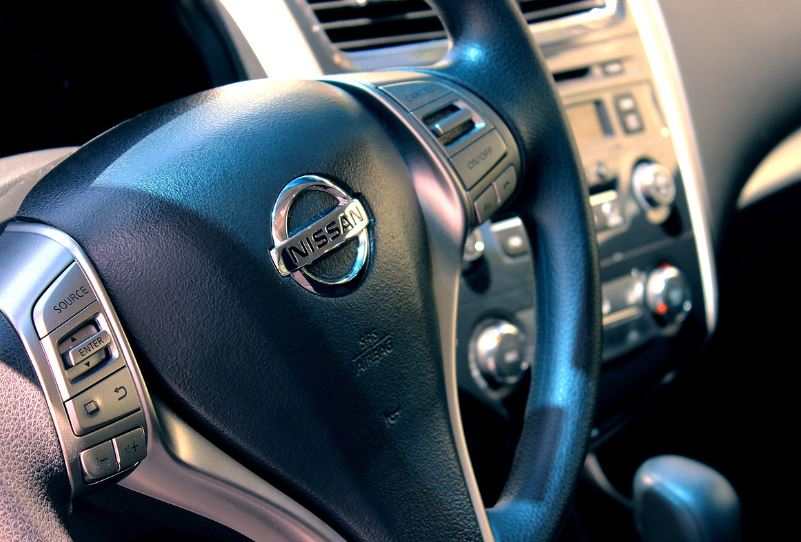Nissan, traditionally associated with battery-powered electric vehicles, has entered the burgeoning hydrogen mobility landscape in China through its joint venture with DongFeng.
The collaborative effort has given birth to the Venucia H2e, a hydrogen-powered version of the Venucia, marking Nissan’s foray into the world of fuel cell technology.
The showcase fleet, unveiled in Guangzhou City, signifies a noteworthy shift towards exploring the potential of hydrogen in the Chinese automotive market. While Nissan has been actively involved in the development of battery-powered electric cars, the decision to introduce a hydrogen-powered model indicates a diversification strategy and a commitment to exploring alternative clean energy options.
The Venucia H2e boasts a 60 kW fuel cell intricately connected to a battery, working in tandem to power a robust 160 kW electric motor. The claimed range of 500 km positions the vehicle as a viable option for extended journeys. However, the current trial version is not yet available to the public, raising questions about its future accessibility and pricing.
The move by Nissan comes at a time when hydrogen mobility is steadily gaining ground in China. GAC, Changan, and SAIC have already ventured into the production of fuel cell-powered vehicles, indicating a broader industry shift toward embracing hydrogen as a clean energy source for transportation.
The Chinese hydrogen mobility landscape witnessed a significant uptick in 2023, with a 72% increase in fuel cell vehicle sales. Notably, the majority of these sales were attributed to commercial vehicles, reflecting the current emphasis on deploying hydrogen technology in sectors beyond private transportation.
